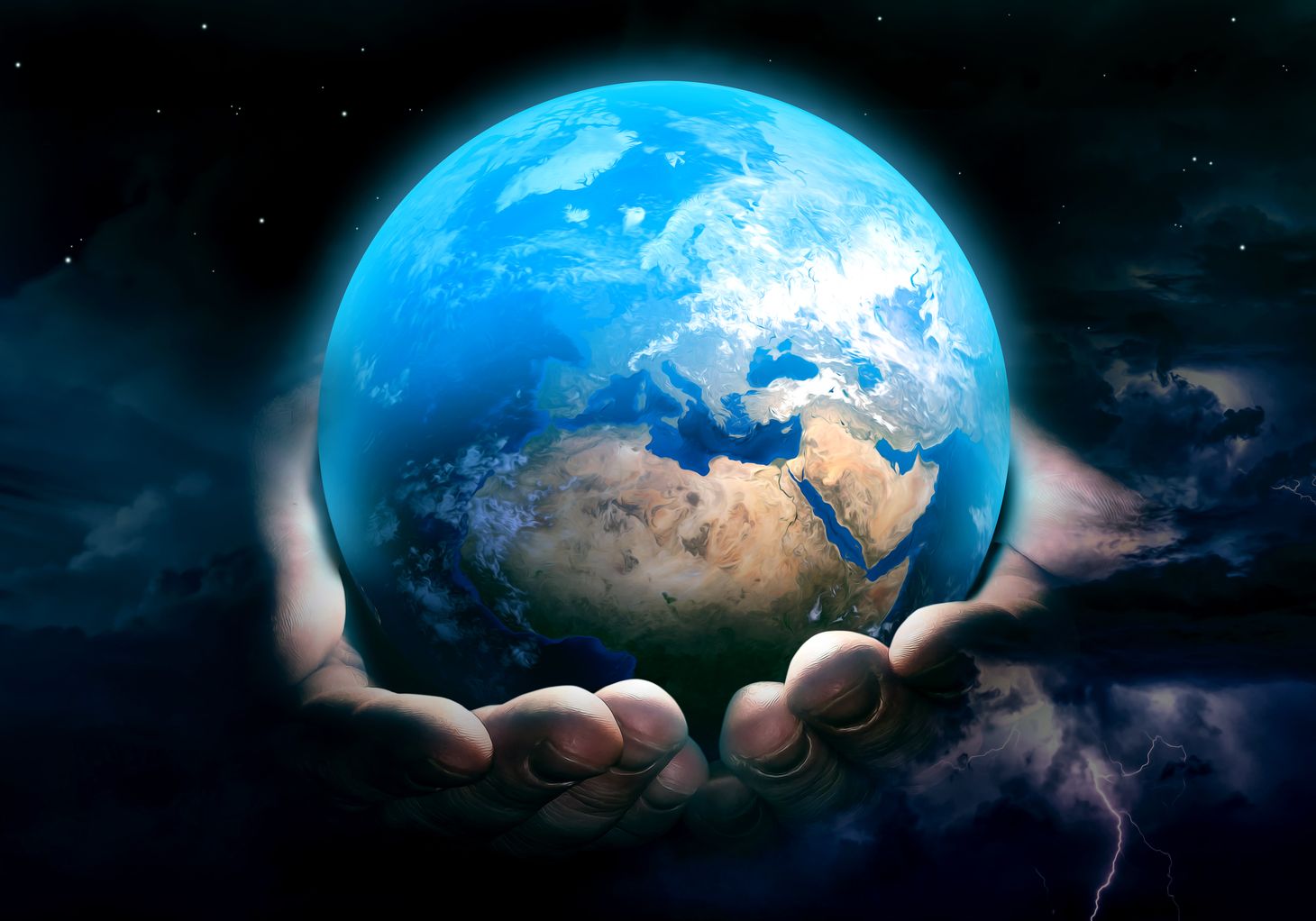Are We the Creators or the Created? The Enigma of Creativity
Are we mere puppets in a grand cosmic play, with every act of creation predestined? Or are we the playwrights, penning a narrative birthed from our own free will? This debate has spanned centuries and continues to intrigue us.

The question of whether we are truly creative or just following God's predetermined path has been a matter of debate for centuries. As a writer, I often wonder if my words are truly a creation of my own or predetermined by God's plan. This paradox of creativity is not limited to writers but applies to all forms of art, music, and innovation. Can I truly credit myself for any invention or creation if everything I do is predetermined?
Let me say upfront. I believe humans are truly creative and have free will, allowing us to choose how and when to apply our creative talents. However, I also acknowledge there is an opposing argument that our actions and creations are predetermined.
Which camp do you fall into?
One argument for creativity being predetermined is the concept of determinism. Determinism is the belief that everything in the universe, including human actions and choices, is predetermined by God. This means that our actions, thoughts, and choices are not truly free but predetermined.
This was clearly demonstrated by Aristotle's view of the universe, where he believed individuals have no control over their lives because everything that happens to them is predetermined by outside forces. Therefore, following this argument, creation, and invention cannot be considered a result of free will.
On the other hand, some believe that creative instincts come from our subconscious mind. This implies that while our conscious mind thinks it is creating something, our subconscious mind is actually doing the heavy lifting and producing something that has already been processed a million times. This means that our creations are influenced by external and internal factors we are unaware of, but it does not necessarily mean that our creations and inventions are predetermined. Subconscious influence may not be a choice, but how we execute or use that influence is solely our decision.
Another argument for creativity stemming from free will is that humans can break patterns and create new thoughts and ideas that have never been thought of before. This is evident throughout history, where humans have continuously created progress and inventions that have revolutionized the world. Although these inventions may have stemmed from subconscious influence, the way they were executed was unique and influenced by individual free will. The capacity for humans to break from tradition and venture into the unknown is proof of human creativity and free will.
Moreover, more recent psychological research has suggested that humans' creative capacity is most effective when familiar thoughts and concepts are taken together and reimagined and transformed into something new. This highlights that creativity is not just the result of predetermined thoughts but rather the ability to connect and reimagine existing concepts in new and creative ways.
Lastly, we must acknowledge uncertainty as a critical element in creation and invention. Uncertainty is an essential aspect of creativity because if the final result weren't uncertain, it would mean that creative instincts are predetermined or planned. However, creativity thrives on uncertainty and not knowing the final outcome. It allows us to use our free will to determine the final outcome.
In the grand theatre of creativity, we may be both the composers and the composed, driven by invisible forces yet wielding the power to shape unforeseen innovations.
Creativity, a manifestation of our free will or a predetermined path shaped by subconscious and external influences? This paradox of creativity stirs debate, with determinism arguing for predestination and the subconscious mind theory suggesting an underlying influence. Yet, the ability to form novel thoughts, reimagine existing concepts and navigate the uncertainty of outcomes evidence free-will-driven creativity.
This leaves us in a tantalizing conundrum - Is creativity a predetermined voyage or a journey we chart through our free will?




